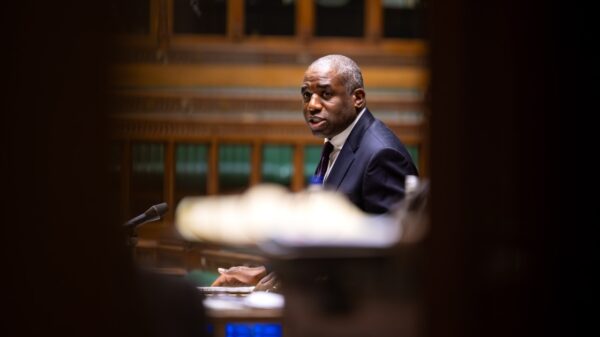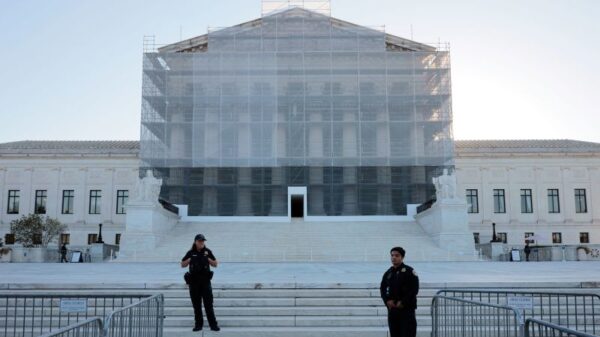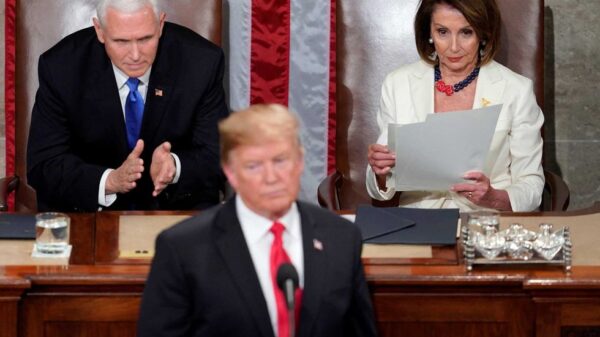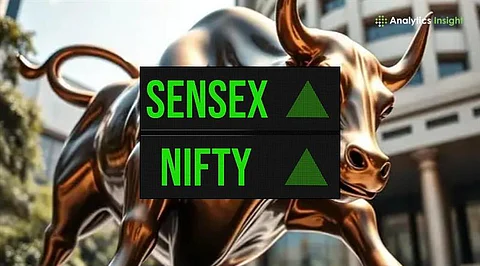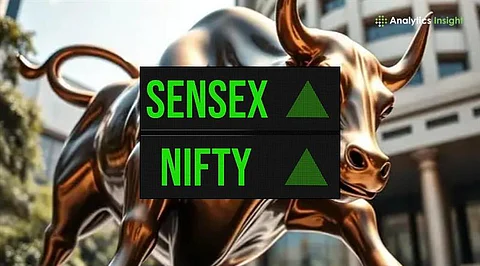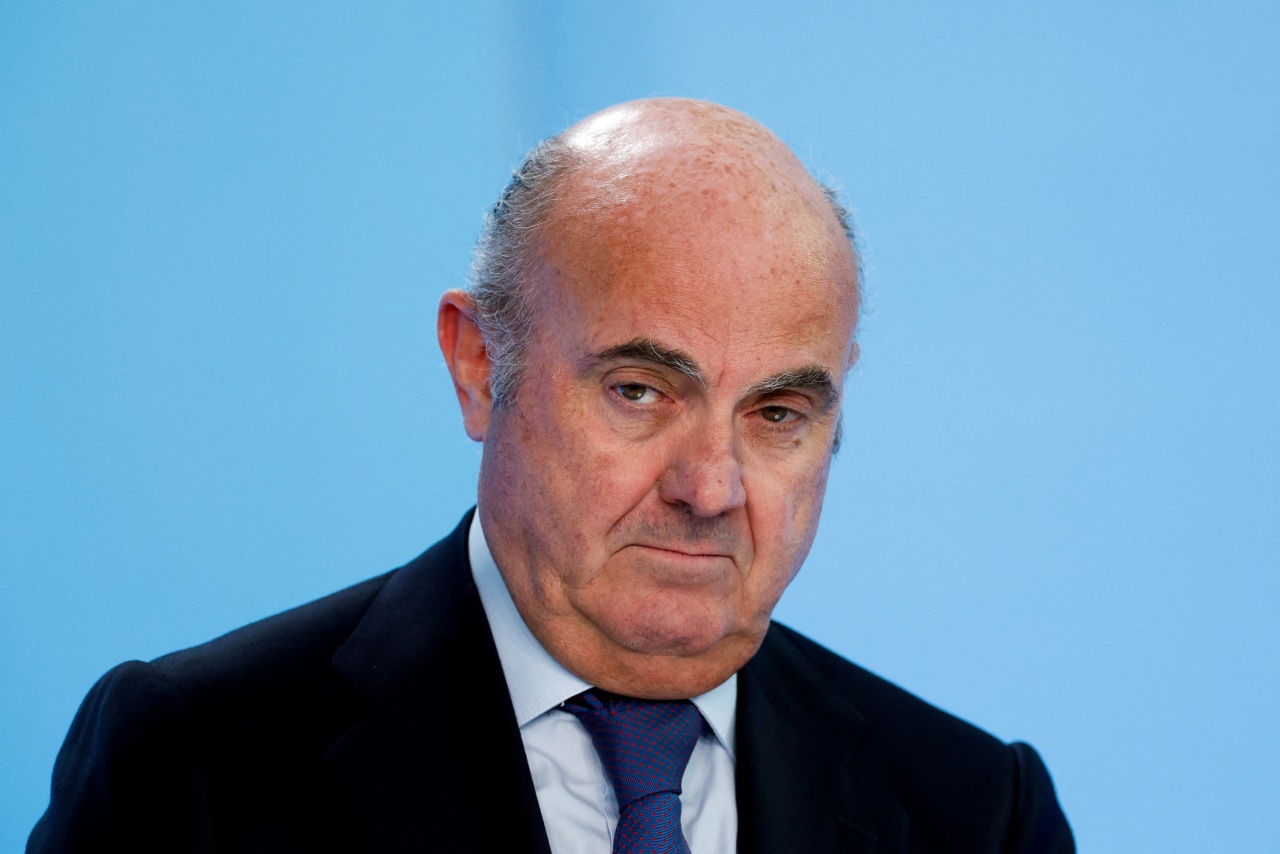The Vice President of the European Central Bank, Luis de Guindos, has expressed concerns regarding the ongoing threats to financial stability within the Eurozone. Speaking at a press conference, de Guindos emphasized that while a large-scale trade war has been averted, uncertainties surrounding government policies continue to pose significant risks to the financial system.
Despite the positive development in avoiding a major trade conflict, de Guindos highlighted that the landscape remains fraught with challenges. He pointed to the potential impact of various government policies, which could influence economic stability across the Eurozone. The ECB has been closely monitoring these developments, as they are crucial for maintaining financial equilibrium in the region.
Challenges Facing the Eurozone
De Guindos noted that the current economic climate is characterized by elevated levels of uncertainty. This includes concerns over inflation dynamics, global supply chain disruptions, and the lingering effects of the COVID-19 pandemic. He stressed that these factors could undermine consumer and business confidence, ultimately impacting economic growth.
The Vice President also spoke about the importance of coordinated fiscal responses among member states. He urged governments to consider the long-term consequences of their policies, especially in light of the need for sustainable economic recovery. The ECB’s stance is that a proactive approach is essential to mitigate potential shocks to the financial system.
In recent months, the Eurozone has faced a series of economic indicators that have raised alarms. The inflation rate, while showing signs of stabilization, remains above the ECB’s target. In September 2023, inflation in the Eurozone was recorded at 4.3%, significantly higher than the ECB’s goal of around 2%. This persistent inflation poses a challenge for monetary policy and could lead to further tightening measures.
Looking Ahead
As the Eurozone navigates these complexities, de Guindos reaffirmed the ECB’s commitment to ensuring financial stability. He called for a balanced approach that not only addresses immediate risks but also lays the groundwork for sustainable growth. The ECB is expected to continue monitoring economic conditions closely and adjust its strategies as needed.
In conclusion, while the avoidance of a trade war is a relief for the Eurozone, the ongoing uncertainties surrounding government policies and economic indicators highlight the need for vigilance. The ECB remains dedicated to fostering a stable financial environment, but the path ahead requires careful consideration from all stakeholders involved.
The messages conveyed by de Guindos serve as a reminder of the interconnected nature of global economies and the importance of sound policy-making in maintaining financial stability across the Eurozone.










